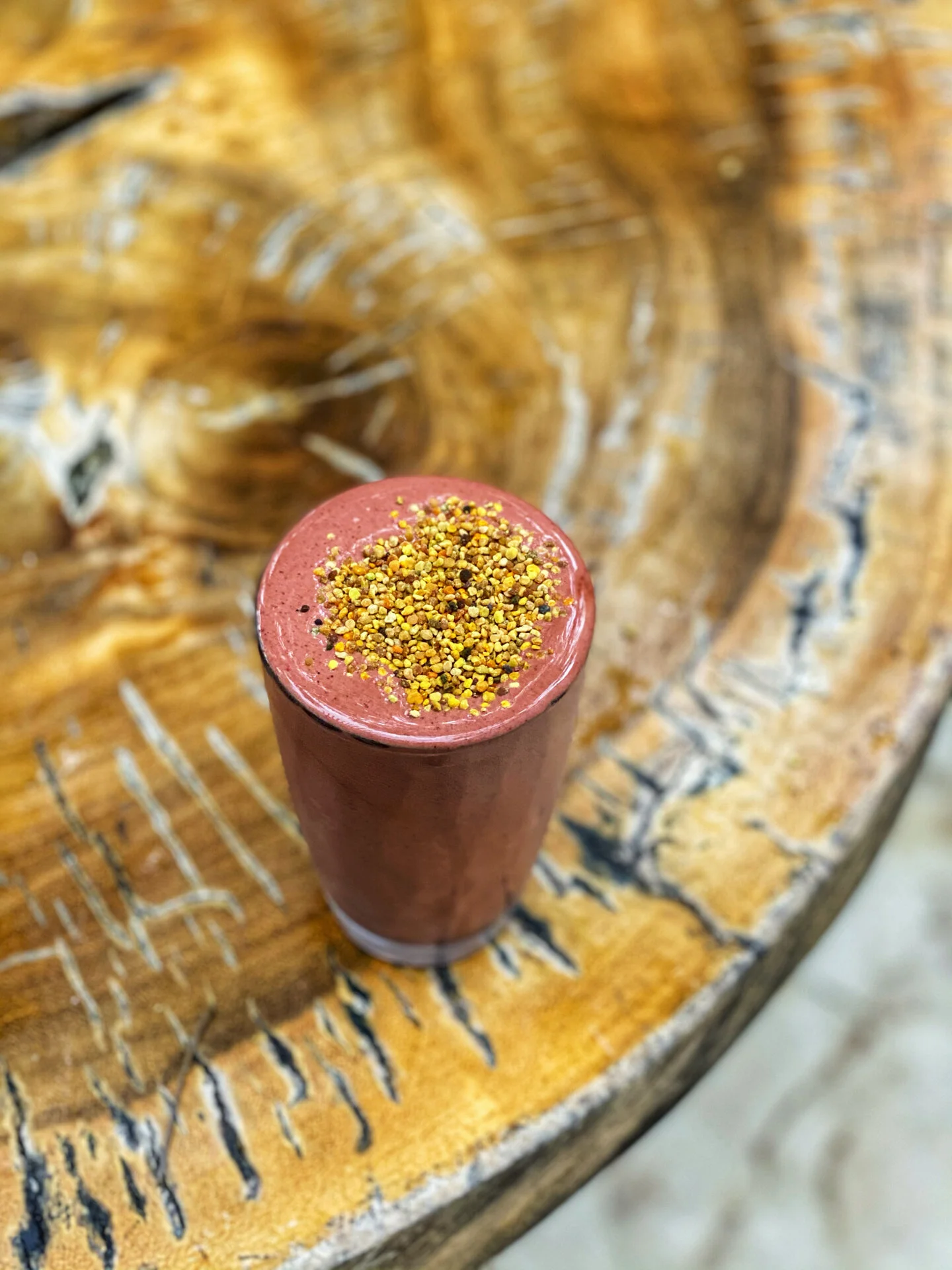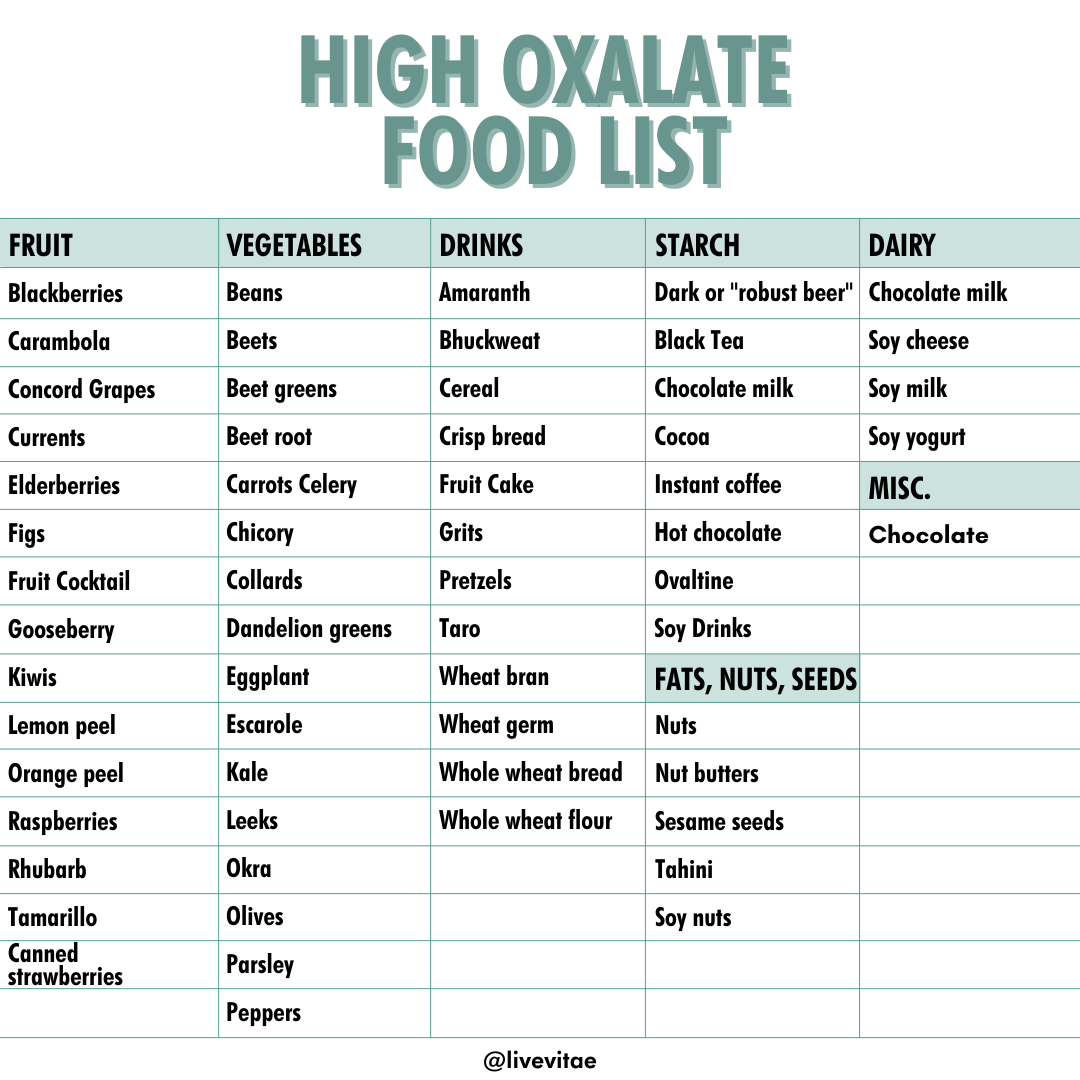Healthy Cacao Beetroot Smoothie Recipe
This has been one of my favourite smoothies since being here in Mexico. I carefully thought ahead of time, so I purchased some organic beetroot powder and received cacao whey protein satchels to help me in the first few weeks of adjusting to Mexico life.
This surprising combo packs a punch with the phenols which helps improve your nitric oxide levels, especially when combined with the sun, lowering blood pressure, and acting as a vasodilator which has been shown to reduce the risk of cardiovascular disease!
Healthy beetroot smoothie
It might sound a bit odd to add a root vegetable into your smoothies, but trust me, it works. The punchy flavours and bright red pigment enhances your smoothie nutritionally speaking and it’s also refreshing. A great alternative compared to berries.
In my beetroot smoothie recipe, I added organic beetroot powder which is available online or at most reputable health food stores. Alongside the beetroot, we have chocolate. More specially raw cacao powder and also raw cacao whey protein.
As an alternative to the beetroot powder, you can roast beetroot, cool and then freeze them. Ideally they would be peeled and cubed to make life easier when you blend them. The powdered form is just handy especially when short on time and travelling.
The beetroot and chocolate combo really works well. The beetroot is more or less in the background and the cacao is the centre stage. The redness fades away slightly but depends on the ratios you adjust from the recipe below.
Do beets have protein?
Personally speaking, I do not think beetroot is a legitimate way of getting protein in your diet.
Protein content per 100 grams
Beetroot (cooked) = 1.7 grams
Sirloin steak (cooked) = 27 grams
But, that is not to discredit the powers of beetroot which have shown:
Promising effects in controlling diabetes and insulin homeostasis.
Blood pressure and vascular function
Benefits to the kidneys
Modulation of key microbiome species
Blood pressure-lowering effect
So what gives beets credits? It is the critical nitrates and its compounds and other phytonutrients.
Health Benefits of Beets
Within beetroots, there is an array of phytonutrients which include: “betalains (e.g., betacyanins and betaxanthins), flavonoids, polyphenols, Saponins, and inorganic Nitrate (NO3).” The rich mineral content high in betaine (a methylation donor), potassium, sodium, phosphorous, calcium, magnesium, copper, iron, zinc, and manganese is also worth mentioning.
Beetroot is one of the top 10 plants containing the highest antioxidants. Additionally, there can be a great variation, up to 10 fold differences with nitrate content.
A meta-analysis of 12 randomised control studies showed that beetroot juice from commercial powders “a positive linkage among NO3 content and the observed blood pressure-lowering effect of beetroot. Beetroot juice consumption was also shown to reduce blood pressure, improve endothelial function, and dramatically increase the plasma NO2 level and systemic NO production”.
In healthy subjects “consumption of 500 mL beetroot juice substantially decreased blood pressure in proportion to an increased peak of plasma NO2 level”.
We should note that the effects do appear to be greater with those in more hypertensive states and also more effective in individuals “capable of undergoing nitrate to nitrite bioconversion or assimilating abilities” via an enzyme erythrocytic xanthine oxidoreductase. Beetroot, “as a dietary nitrate supplementation is an effective, but simple and inexpensive, antihypertensive strategy.”
Health issues with beets
Those in the biohacking circle or perhaps those that might have completed an organic acid test, might be aware of a compound called oxalic acid. In the setting of digestive imbalances from frequent or history of antibiotic use, dysbiosis, intestinal permeability (leaky gut), poor bile production, low calcium consumption ( specifically alongside oxalate containing foods), poor B1 (thiamine), B6 (pyridoxal-5-phosphate, the actual active form), low glutathione and vitamin C status then you can run into some problems.
If you want to know more about how oxalates could be affecting your health, such as joint pain, brain fog, poor energy, and sleep, I can definitely help you with this. Just book a discovery call or check the “Work with me” page.
Oxalic acid is a natural anti nutrient, defence molecule, which is a crystal, and inflicts damage on the host who eats it. Now, it is not directly an issue. But as explained above, it can possess a few issues, especially those susceptible.
Other high oxalate foods include: spinach, chard, sorrel, almonds, cacao, strawberries and sweet potato. Sounds pretty depressing. But again, when we have optimal health, they are no harm and it can be excreted and dealt with. Oxalates can build up in our tissue, especially in the kidneys, and cause damage such as kidney stones. Not cool.
So, just make sure you have good kidney and gut health before you go crazy with this beet cacao smoothie. But, if this is a weekly thing, you should have no concerns with the oxalate content.
Again, if you want to know if oxalates are a problem and possibly affecting your health. Book a discovery call or check my “work with me” section.
Have a look at the graphic below which looks at the highest sources of oxalates found in food.
My Cacao Beetroot Smoothie
This beet smoothie is made with an organic beetroot powder which is the most simple way of incorporating beetroot into your smoothies. The powder is a more concentrated version compared to the whole food version. It is also more functional with the handy convenience and travelling restraints. With the powdered beetroot you do lose some of the thickness factor which is evident when using whole food.
If I had the ability, I would prepare cooked and frozen beetroot ahead of time and use these for smoothies or perhaps use both, the frozen and powdered beetroot. Making the beetroot more suitable for blending they would ideally be, cubed into 1/2 inches pieces. Two options with either boiling / steaming or my preferred way of roasting them, which would intensify their flavours.
The beetroot is not the only star of the show. Other ingredients in this cacao beet smoothie are:
Organic cacao whey protein by Motion Nutrition
They also sell plant-based protein, but whey has much greater health-promoting properties.Cacao powder
I like strong flavours so added in extra cacao powder.Milk of choice
I used clean coconut milk with no extras in it.Bee pollen
I am a big fan of bee products especially bee pollen which is surprisingly a good source of B vitamins.Raw honey
Just a touch to give it some sweetness as well as probiotics and immune-supporting properties.Celtic salt
Salt compliments cacao extremely well. You will be surprised how much more it enhances the sweetness and cacao will come through with a little sprinkle.Ice
To keep the smoothie chilled, when using a blender, it creates heat which can transform the shake into room temperature.Do not forget, you will need to have a blender to create.
Beet smoothie ingredients
The ingredients to make the magic happen.
1/2 tbsp beetroot powder / or 1/2 cup cooked frozen beets
1.5 tbsp cacao powder
1 cup milk of choice
1 Motion Nutrition - Cacao whey protein powder sachet or equivalent (25-30 grams)
1/8 tsp Celtic salt
a small handful of ice
1/2 tbsp raw honey
1-2 tsp bee pollen
How to make a beet smoothie
Ensure you have all ingredients ready.
Place the ice and milk in the blender first. This prevents the cacao and beetroot from getting stuck in the blender.
Add in the cacao, whey protein powder, beetroot powder, raw honey, and salt.
Blend until you reach your desired consistency.
Serve and enjoy ideally in the sun to further complement the nitrates.
References:
Flosi Paschoalin, V., Santos Baião, D., Oliveira Silva, F., d’El-Rei, J., Fritsch Neves, M., Perrone, D., Del Aguila, E. and Flosi Paschoalin, V., 2018. A new functional beetroot formulation enhances adherence to nitrate supplementation and health outcomes in clinical practice. SDRP Journal of Food Science & Technology, 3(6), pp.384-496.
Ghosh, S., Kapil, V., Fuentes-Calvo, I., Bubb, K., Pearl, V., Milsom, A., Khambata, R., Maleki-Toyserkani, S., Yousuf, M., Benjamin, N., Webb, A., Caulfield, M., Hobbs, A. and Ahluwalia, A., 2013. Enhanced Vasodilator Activity of Nitrite in Hypertension. Hypertension, 61(5), pp.1091-1102.
Mirmiran, P., Houshialsadat, Z., Gaeini, Z., Bahadoran, Z. and Azizi, F., 2020. Functional properties of beetroot (Beta vulgaris) in management of cardio-metabolic diseases. Nutrition & Metabolism, 17(1).









